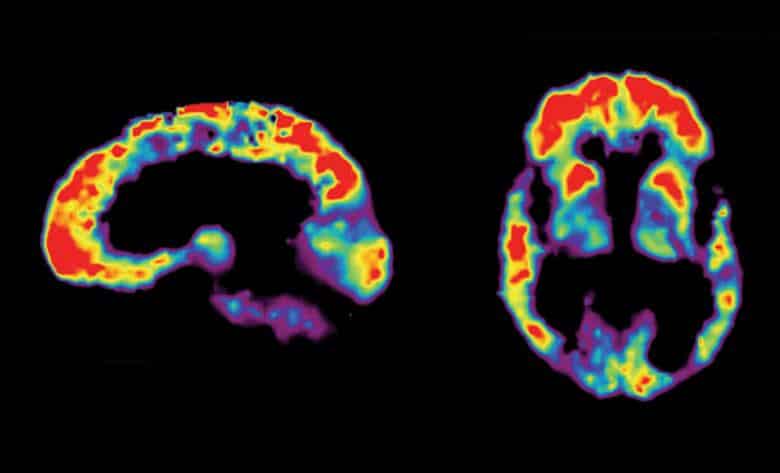By Janissa Delzo
When a patient chooses to learn they have amyloid in their brain difficult decisions and uncertainties lie ahead. What does that information mean? And how will they, their families, and co-workers, respond?
There’s no single answer. But often, the situations involve negative dialogue. For example, take “Angela.”
Angela (an alias) is enrolled in the Penn Memory Center’s A4 study, a drug intervention for older adults who may be at risk of Alzheimer’s. In an attempt to help advance research, she experienced changing relationships with both her colleague and son, PMC Co-Director Jason Karlawish, MD, detailed in an Hastings Center Report editorial this month.
Angela doesn’t have a diagnosis of Alzheimer’s, but the reactions she faced, “reveal the notable ethical challenges of learning you’re at risk of having a disease of grave consequences with uncertain causation,” Dr. Karlawish wrote.
Alzheimer’s disease may be at least somewhat treatable in the near future, but it’s unlikely to be eradicated entirely, he wrote. Researchers “need to think outside the biomedical box” to determine how to help those with or at risk for the disease maintain their health, wealth, and dignity.
Click here to read “Amyloid in the Brain, Alzheimer’s on the Mind.”
